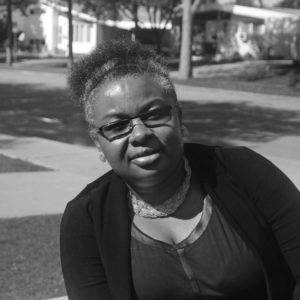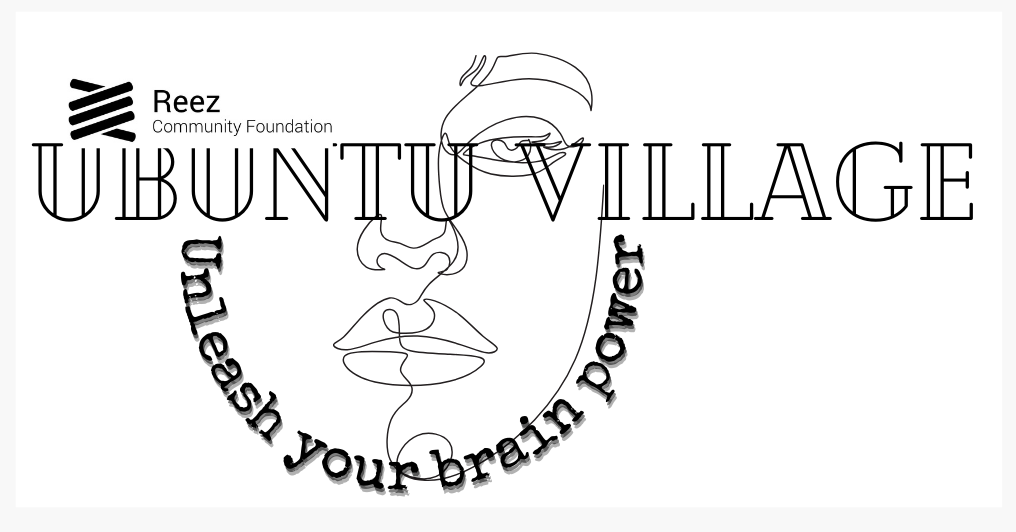Reez Community Foundation (RCF) is a non-partisan faith based anti-poverty and human rights organization committed to influencing policy, engage in capacity building and taking action to address gaps as we strive for just and resilient integrative communities. We do this through bridging the experiences of people of Black African descent, other ethnic communities and mainstream society. Our approach is to act on inequality data to ignite dialogue and action.
Our mandate remains to:
- Alleviate poverty.
- Promote the immigration & settlement of people of Black African descen
 t.
t. - Promote good relations between people of Black African descent with those in their host country; and
- Promote sustainable development in African countries.
With a strategic objective to nurture resilient communities by addressing social justice challenges through capacity building and social enterprises to create a culture of cooperative self-reliance such as worker owned businesses. 2017 was undeniably the most busy year for Reez Community Foundation. We articulated a revised vision. We envision economic resilient communities where the economic burden of discrimination is adequately addressed alongside other social causes of economic insecurity. Our theory of change remain focused on using data and community engagement to inform advocacy and programs to mend the equity gaps. To this end, the social justice issues raised by the United Nations Working Group in September 2016 provided a useful baseline. So does the community feedback since August 2016.
We began the year actively co-creating with Black Lives Matter, Yeg and Area and the Interacial Alliance of Edmonton Area articulating anti-racism challenges in Edmonton and the Province. However, by the end of April, a cohesive approach was still eluding collaborative efforts. Meanwhile, our engagement with the City of Edmonton resulted in an November 2016 Motion tasking Administration to review organizational anti-racism practices with a view to submitting a framework for Council approval.
Advocacy
Reez Community Foundation made an independent presentation to Council when Administration reported to Council on May 1st, 2018. We recommended the adoption of Equality Impact Assessment Tool. This was accepted alongside their c ommitment to implement Gender Based Analysis Plus so that they are in a better position to make an informed decision on use of either tool. Over the summer, Administration consulted residents on anti-racism issues. Administration has not reached out to Reez Community Foundation even though they are due to report back to Council sometime before March 31, 2018.
ommitment to implement Gender Based Analysis Plus so that they are in a better position to make an informed decision on use of either tool. Over the summer, Administration consulted residents on anti-racism issues. Administration has not reached out to Reez Community Foundation even though they are due to report back to Council sometime before March 31, 2018.
Meanwhile, we contributed to the Alberta’s Anti-Racism consultation that was originally announced in Februrary. Although encouraging remarks were given in response to Ontario’s strategy launch in March, no concrete action took place in Alberta until July. The recommendations following this consultation was due to be submitted to the Premier in the Autumn. Unfortunately, no update as at December 31.
Advocacy for worker-owned cooperatives as an important tool for tackling racism or discrimination poverty issues continued throughout the year. This subject was broached as part of the anti-racism consultation feedback and in other conversations with MLAs including MLAs Shepherd and Sweet. Community dialogue on this issue continue to evolve.
The Journal
We published the Equality and Good Relations Journal in April. The Journal is a collection of research essays evaluating intervention tools, strategies and framework of public sector organizations, measured against exemplary practices and recommendations. A Spring and Autumn editions were planned. The intention was to enrich discourses and practices to improve common understandings and to motivate actions in the right  direction as a means of disrupting adverse discrimination. Unfortunately, we decided against an Autumn edition as practice climate was stagnant.
direction as a means of disrupting adverse discrimination. Unfortunately, we decided against an Autumn edition as practice climate was stagnant.
Summer Students and…
We had three summer students through the Federal Government Summer Student Program during the months of July and August. With their help we were able to extend ourselves into hosting a number of summer anti-racism workshops that were attended by youth and parents. Feedback from these sessions informed research into the education sector and how we could take action to mend the gap. Consequently, we have since engaged with a number of schools to offer in-school support group sessions intended to help those in grades 7-12 to better pave their respective pathways through the emotional turmoil of dealing with discriminatory practices. We are now in advance discussions in collaboration with Somali Canadian Women and Children Association with a number of schools.
Family Violence
As the year, drew to a close, we hosted a Family Violence Film Screening and discussion in November. This was done in collaboration with partners such as Stop Abuse in Families and Krista Osborne Counselling. We are looking to expanding this area of our work in the coming year.
Social Impact
We set out to achieve a strategic objective to nurture resilient communities by addressing social justice challenges though capacity building and social enterprises to create a culture of cooperative self-reliance such as worker owned businesses.
We recognize that to accelerate innovative actions from varied people that would transforming their institutions and communities we need to continue to engage with changing mindset. In 2017, we began the journey of sharing ideas with local audiences comprising of youth, political leaders, educators, researchers and organizations. Ideas allowing them to challenge their own mental models of racism, anti-racism, discrimination, poverty economic class and community sustainability. Ideas to ignite the spark that leads to effective institutional and community change because they fan the flames of innovation. What’s more? We did this on a shoe-string budget.
In 2017, we explored and identified common social justice challenges with a number of stakeholders such as HIV criminalization, newcomers integration, family violence, poverty and anti-discrimination. Additionally, we explained, reasoned and persuaded stakeholders on the desirability of worker-owned cooperatives and expect to continue to doing so in the coming year.
We expect that addressing social justice challenges though capacity building will dominate our work for sometime. We expect to keep working on these issues in 2018 and beyond as a means of creating cooperative self-reliance for those significantly affected: Indigenous and Black communities.
Capacity Building
We are constantly building our capacity to further magnify our impact. Our theory of change remain unchanged: using data to inform service delivery. The year that was, saw the United Nations Committee on Racial Discrimination issue a Concluding Observation on Canada in the summer. Therein, Ontario was singled out for their anti-racism efforts. Alberta is still stalling on its anticipated action. Mending the gap remain a contentious issue as its essence represents competing ideas for a better world.
This is where we see competing ideas on whom should get finite resources, and how they should receive them is the domain of politics. “These decisions are what we deliberate over [as a society], and it is where we see much contention arise…however, we have been taught to be adversarial, to look to ‘zero-sum’ solutions (all or nothing) to problems. [This] can be detrimental to the fabric of society. This approach only produces winners and losers, polarizing our communities, and undermining the respect needed for our world to be functional...The secret of being successful with contentious issues is to try to understand all the positions of the other parties, and to explore the common interests that lie below the surface. Such endeavours can bring forth compromise, along with mutually acceptable solutions.” – John Kennair
This is our tasks as we move into the New Year and beyond. We expect to continue to expand our capacity beyond anti-racism, human rights, immigration policy and law to include social work expertise by 2019. We will continue to seek collaboration opportunities to deliver our mandate. Additionally, we continue to seek interested individuals to join our Board for one or two year terms. Please indicate your interest for the following positions: Chair, Events Coordinator, Secretary, Treasurer, Board member @ large. Send your email to ufuoma[at]reezcommunity.org.
Thank you to all our co-creators and co-deliverers of 2017.
